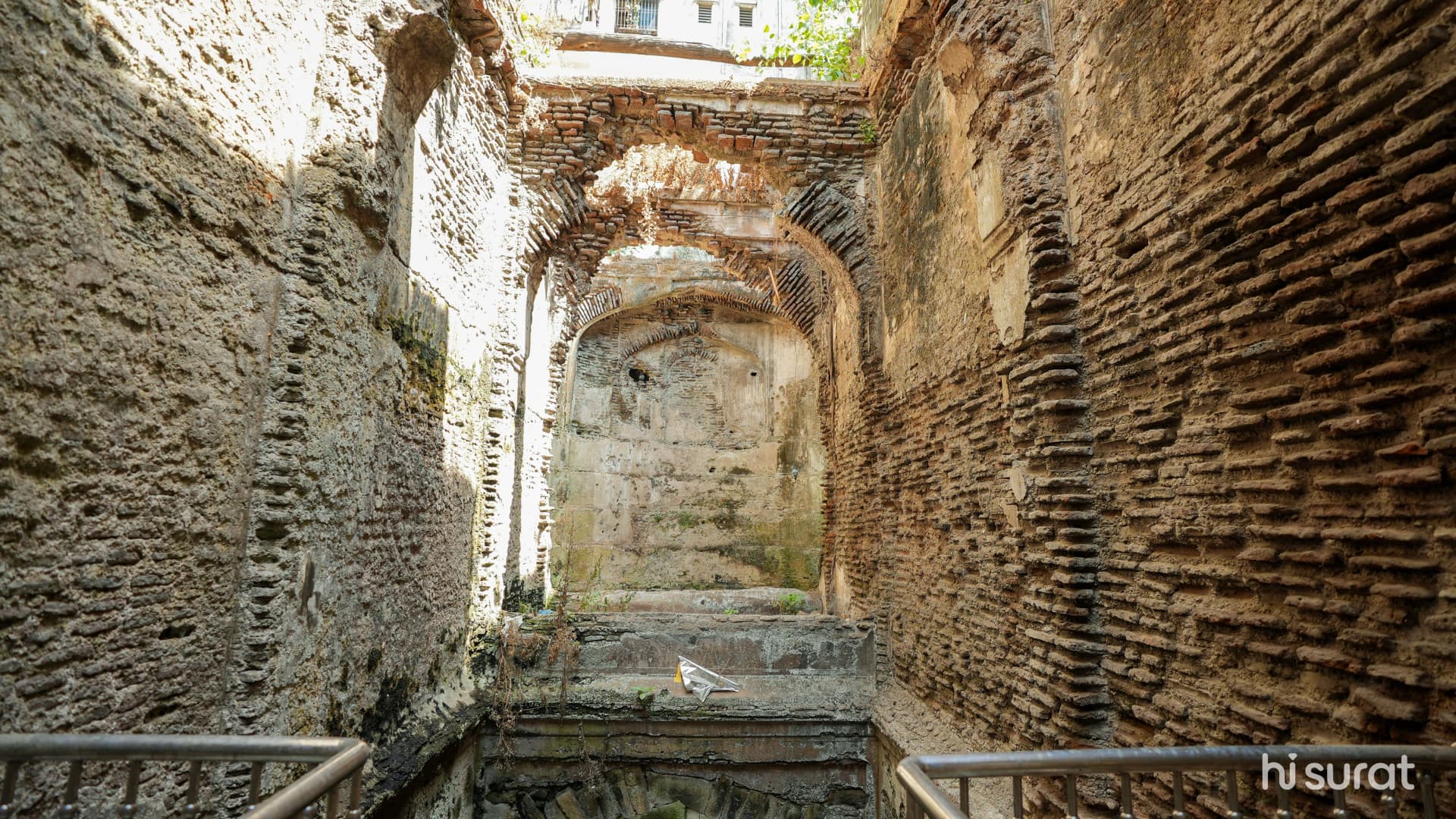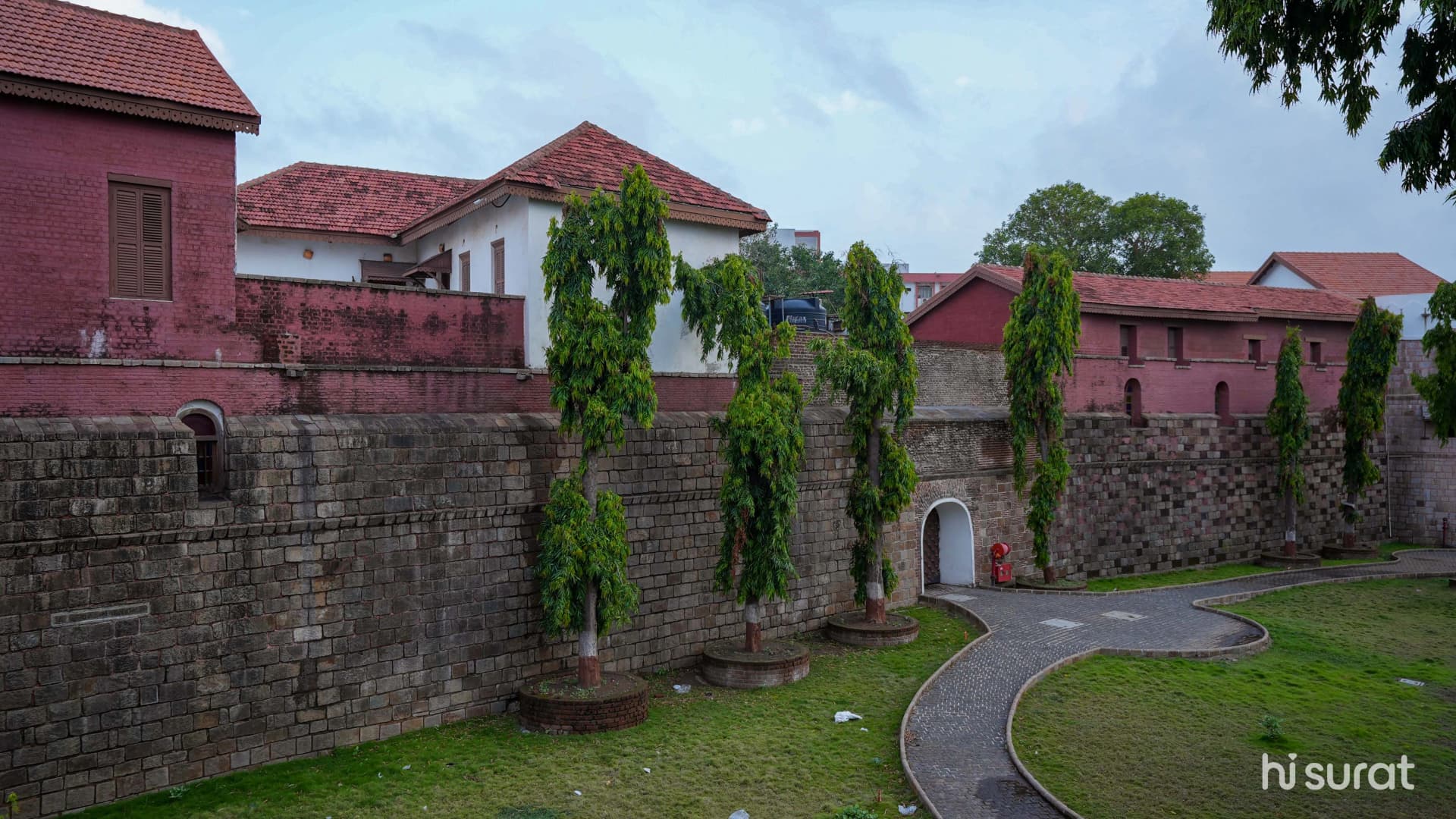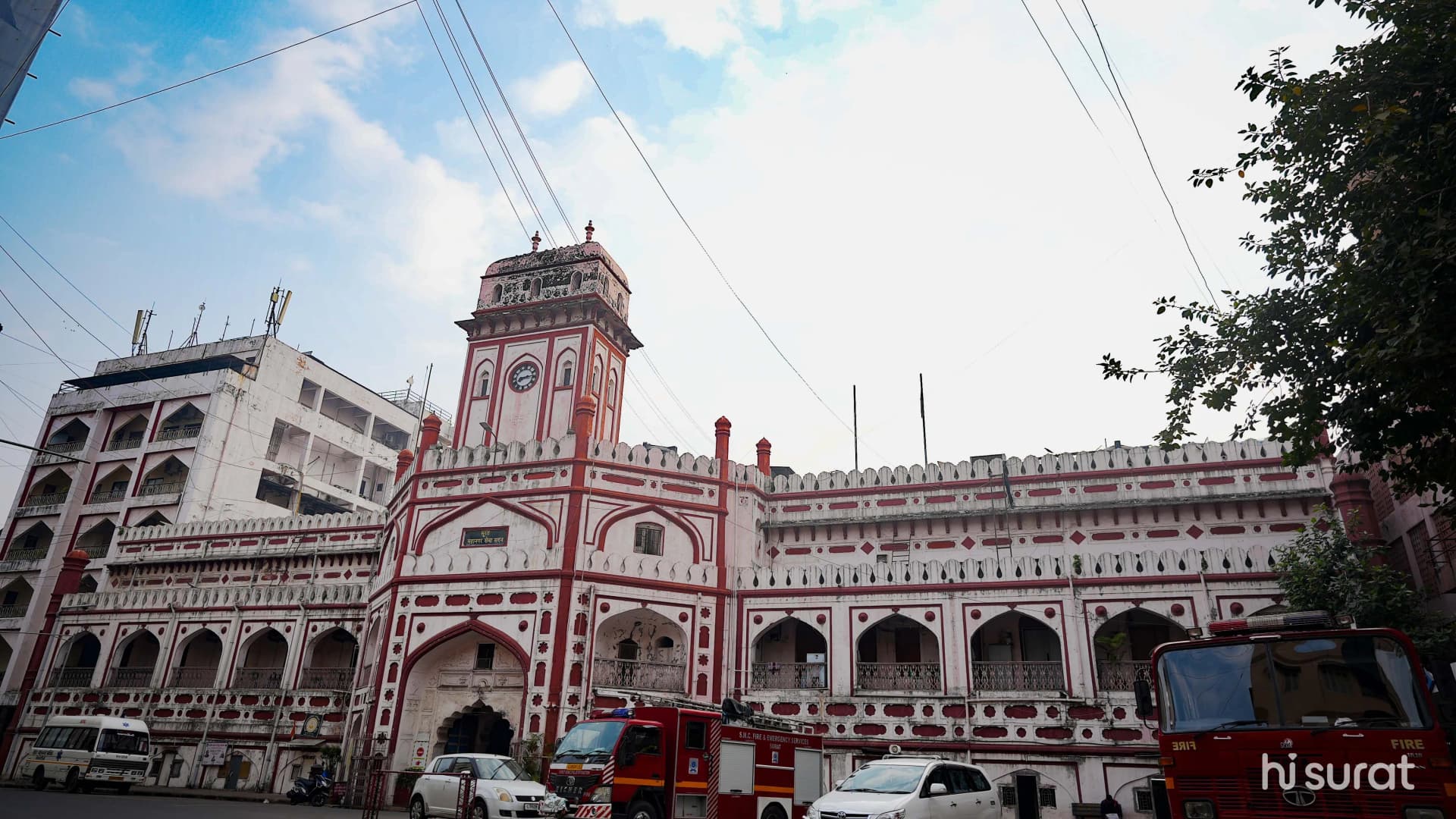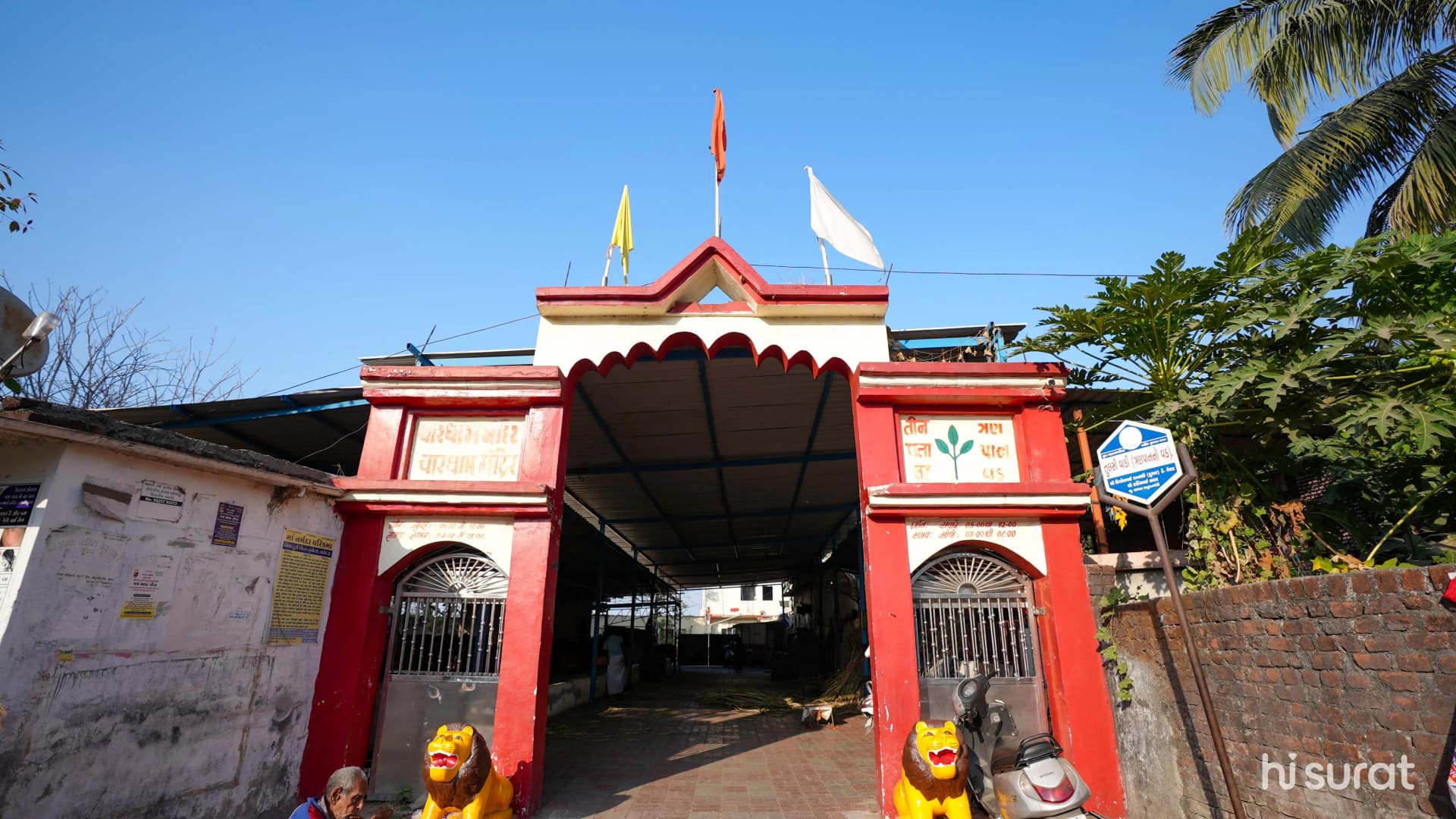Tran Pan no Vad
Why did Lord Krishna perform Karna's last rites personally?
The Mahabharata provides insight into this remarkable event. The death of the generous Karna was closely tied to Lord Krishna, and his last rites were conducted in Surat for significant reasons.
The Ramayana and Mahabharata are cornerstones of Hindu culture, offering guidance on living a righteous life. Among the many great figures in the Mahabharata, Karna stands out. Few are aware that Karna’s cremation took place in Surat, and there is a fascinating story behind this event.
Karna, famous for his generosity, was Kunti's eldest son. His life is well-known, but his death is less discussed. During the Kurukshetra war, a pivotal moment occurred in the battle between Arjuna and Karna. Karna's chariot wheel got stuck in the ground, and invoking the rules set by Bhishma, he asked Arjuna to refrain from attacking while he freed his chariot. Arjuna hesitated, but Lord Krishna urged him to attack, reminding him of past injustices, including the killing of Abhimanyu and the humiliation of Draupadi.
Spurred by Krishna's words, Arjuna used a divine weapon from Lord Shiva and fatally wounded Karna. As Karna lay dying, Krishna decided to test his character. Disguised as a Brahmin, Krishna approached Karna, asking for gold to marry off his daughter. Karna, having nothing left to give, offered his gold tooth. When the Brahmin refused to remove it himself, Karna broke his tooth with a stone and offered it. The Brahmin then asked Karna to clean it, prompting Karna to summon a stream of the Ganga with an arrow. Once completed, Karna presented it back, realizing that it belonged to none other than Lord Krishna himself!
Revealing his true form, Krishna praised Karna's unmatched generosity and offered him a boon. Karna requested three things: that Krishna uplift the lives of the downtrodden in future incarnations, that Krishna be born in Karna’s kingdom in the next life, and that his last rites be performed on virgin land. Upon investigation, it was determined that the banks of the Tapi River in Surat, also known as the Kuwari River, met this condition. Hence, Karna was cremated there, and today, a temple stands in his honor.
When the Pandavas questioned the purity of the land, Krishna appeared to Karna and explained that as the son of Surya and the brother of Ashwini Kumaras, the land was indeed virgin. To ensure future generations would know this, Krishna declared that a three-leafed banyan tree, symbolizing Brahma, Vishnu, and Mahesh, would grow there as a testament. Today, this tree, known as the "Tran Pan No Vad" or “Three Leaf Clover”, still stands near the Tapi River in Surat, believed to grant wishes to those who pray with faith.
Amenities
Related Places









